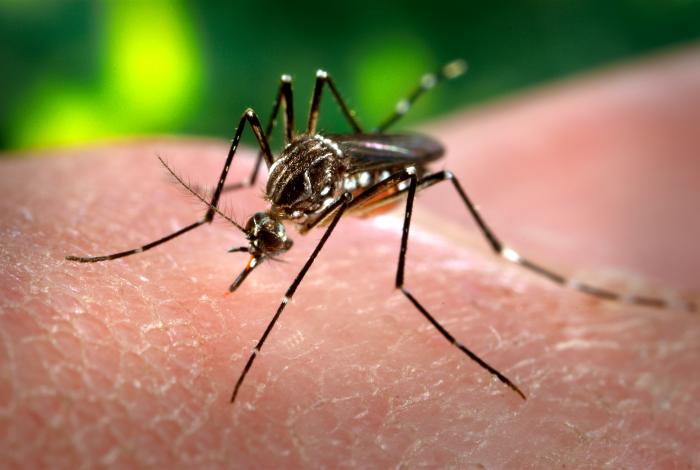

On Saturday, the Centers For Disease Control (CDC) confirmed the first case of brain damage in the United States linked to the Zika virus. The baby, born in a hospital on Oahu on Friday, had microcephaly, a rare neurological disease that has been linked to the Zika virus in babies born in Brazil. Health officials confirmed the baby was infected with the virus shortly after its birth, according to Reuters.
The virus, which is spread via mosquitoes, was discovered in 1947 but scientists have just recently linked the infection with microcephaly—a rare neurological condition that causes babies to be born with abnormally small heads and underdeveloped brains. In October, health officials in Brazil investigated the cause of the 3,000 cases of microcephaly and found that the babies’ mothers had previously been infected with Zika.
Hawaiian health officials say the mother was likely infected with the virus in Brazil while she was pregnant. Since the first confirmed Zika case was reported in Brazil last May, the outbreak has spread to at least 14 countries and territories in the Caribbean and Latin America. On Friday, the CDC issued a travel warning for those areas, and cautioned pregnant women against traveling to areas where babies have been born with microcephaly from the virus.
The Hawaii State Department of Health claims that, aside from the mother and baby—who were not infectious—there have been no Zika cases acquired within Hawaii itself. However, health officials across the United States remain cautious as just last week health officials in Harris County in Texas reported the first case of Zika on mainland U.S. The Aedes aegypti mosquito, the species that transmits Zika, is common in Texas, Florida, and other parts of the United States.
As no vaccine or treatment currently exists, the CDC emphasizes that people in high-risk areas protect themselves by using insect repellent and wearing long sleeves.
